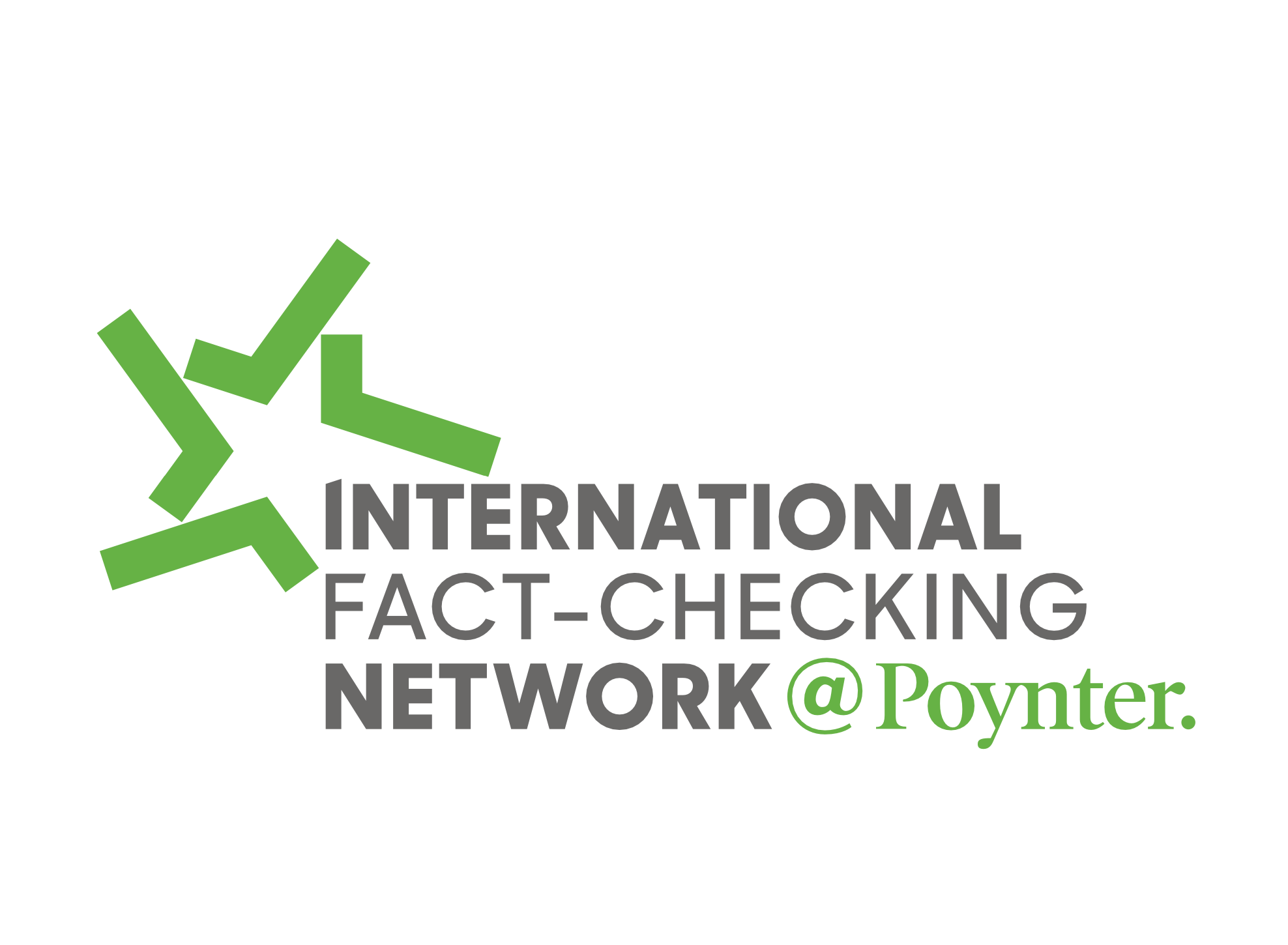The benefit of thinking out loud is that it triggers more thinking. That happened recently when Simon Dumenco interviewed me about the impact the web has on a writer’s work.
I want to use Dumenco, and his experience, as way of doing more thinking on this topic.
Dumenco, a columnist, writes for Folio magazine. The magazine is based in New York City. It serves leaders in the magazine publishing industry. He also writes for New York magazine and lives and works in the East Village of Manhattan. He estimates about a third of the creative people who live in his area are gay and lesbian, a community he has written about before.
He views his readers as having a “New York state of mind.” Many of them, he said, function in a creative environment with gays and lesbians who are funny, bright, creative, and liberal.
In one recent column, he used the “D” word to describe Rosie O’Donnell. That generated a string of angry e-mails. In responding, he noticed many of those who were upset came from outside New York.
He said he had used the “D” word because he believes it accurately describes O’Donnell. He noted that O’Donnell has used the word to describe herself. He also thought it was appropriate for his audience, whom he sees as funny, bright, creative, and liberal.
But that word caused readers elsewhere to ascribe to him views he said he doesn’t hold. He found himself accused of being a hateful, straight man. He described himself to me as a funny, liberal, sarcastic writer, and as a loving, gay man.
But the vehement response from readers outside his area prompted him to wonder about context. The context he had for writing about the topic. And the context the readers had when reading him. So he called me to talk about it. He followed up our conversation with another column explaining the challenges of writing in one venue and being read in another.
In that column, Dumenco noted that I had told him that he couldn’t escape the “de-contextualizing effect of the Web.” It creates a fishbowl effect, I explained. The writer only sees the environment defined by the bowl’s parameters, unable to see out. But the readers can see in.
The decision he faces, I told him, involves how he wants to look to others. “How do you want them to understand you?” I asked. The Web makes that decision, and the outcome, more challenging to control.
How might journalists think about context when it comes to the Web?
Here’s one way to picture it. When I write for print, my words appear in a two-dimensional world defined by the personality and purpose of that publication. People who pick up that issue usually understand where the newspaper, or magazine, is coming from. And the writer, and his words, exist within that context.
The Web reminds me of the movie “The Matrix.” The message of the Matrix is that we actually live in a world filled with multiple realities. The Web enables us to inhabit one reality while peeking into other ones.
It’s important for reporters to understand how their work is distributed online so that they can consider their audiences and take an active role in shaping the proper treatment. We publish from an insular worldview for readers living in what I’ll call an “outsular” environment.
So what are our options? Here are few suggestions.
Look outside ourselves: It helps if we constantly remind ourselves we are not the only planet in the literary universe. Cast your eyes about. What other planets exist? What might those who inhabit them think when they look at us?
Look inside ourselves: Examine where we are coming from. What might that mean about where we might be headed? Recognize that we have a map of where we are and where we’re going: Share the map.
Look for connections: Find ways to connect your thinking with that of others. Can you find complementary examples? Are there ways to speak in multiple tongues so others can hear what you have to say in their language as well?
Look at the frame: “What you see depends on where you’re standing,” wrote C.S. Lewis, a professor of comparative literature at Cambridge in England. The frame you use determines what appears in the foreground and in the background, wrote Cole Campbell in the Poynter Report. Be aware that the frame you choose for your writing helps shape the perspective that readers bring to it.
As I began writing this piece, I wondered, as Dumenco did, about the context in which this piece would be read. Usually, you’ll find your way to this piece through Poynter Online, which has a line that reads “Everything you need to be a better journalist.” The headline for this article appears beneath a column name that reads “Talk about Ethics.” I realized that using the “D” word might cause different people to react in different ways, and even make them focus more on the word than on the message I’m trying to send about context. That offers one context in which I will be read.
But I thought about how it might read in other contexts. And that led me to think about looking inside and outside, at the connections and frames.
Context. It means something. And we, along with those who read us, help determine the meaning.





